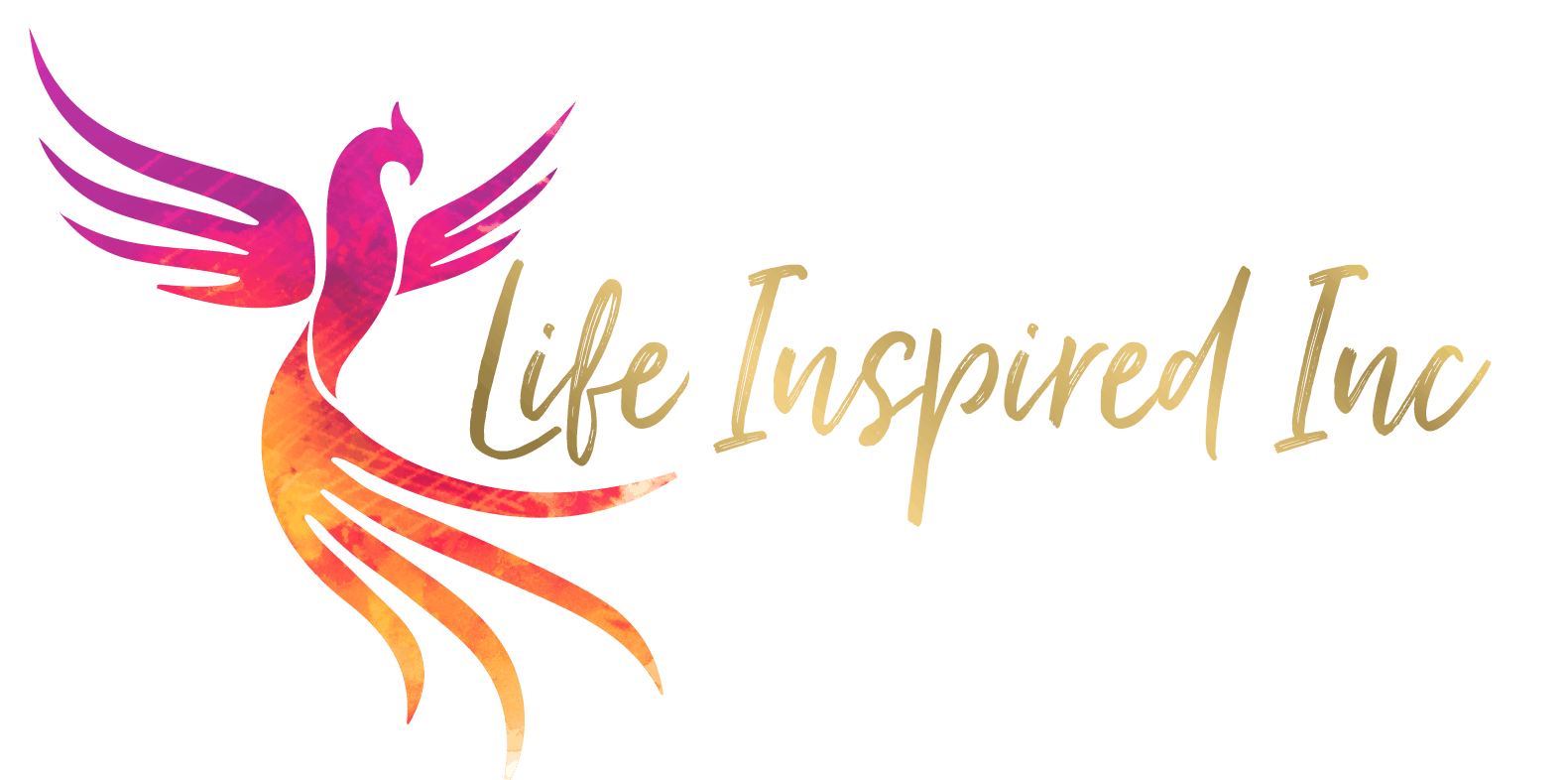Emotions are Really Just Messengers
Emotions are data to help us navigate the world.
Uncomfortable emotions feel like monsters hiding in the shadows waiting to pounce. They can seem uncontrollable. Often people say “It’s just how I am” as if emotions are hardwired into our brain before birth.
In reality, emotions are nothing more than data about what is going on inside of us in the same way our 5 senses provide data about what is going on outside.
The Birth of an Emotion
The exciting truth is emotions are constructed by our brain. When a memory is stored in the cells of our brain, the hippocampus, which controls memory, “packages” those memories with an emotion, drawn from the library of emotions stored in our amygdala.
When the thought rises back from storage and into our subconscious, before we are even consciously aware of it, the emotions comes along. We feel the emotion without any awareness of the thought.
Understanding how emotional responses develop and the real intent behind them means they are not uncontrollable monsters, they are stories we create and stories we can change.
Those emotions serve as our intuition, as a clue to the thoughts we are believing in response to whatever situation we are facing.
Identity Determines How We Behave
We all have memories, I call them stories, in our head about who we are, about our place in the world, about what other people are like and about God (or the lack of a God.) Stories are compiled over many years starting in childhood.
We draw conclusions about our self based on how we are treated by the important people in our life. Over time certain conclusions are reinforced more than others – maybe you tripped and fell a lot as a toddler and were laughed at by a relative, then ridiculed at school for missing the ball in gym, then failed the physical required to get a job… Over time we develop an inner narrative about who we are and how we expect we are going to be treated in the future.
Our brain is an incredibly adept research and storage machine. It is not good at judging truth, however. If you have the seeds of a belief which says “I am clumsy and people ridicule me for it” Your brain accepts that as gospel truth. Any event which seems to support the belief even slightly, is stored as proof your belief is right. Any evidence to the contrary is not stored in memory.
Cathy is convinced she is cursed with extreme clumsiness. After 30+ years of compiling evidence to support her story, one day she tripped over the curb as we walked together into the grocery store. She noticed someone nearby who was smiling. Cathy believes she is a clumsy person so she was 100% convinced that person was laughing at her. As a result Cathy felt embarrassed and ashamed.
What if we completely misinterpret that feeling?
What if the purpose of feelings we call “negative” is not to hurt us, but to get our attention and clue us in to where we are believing a lie about ourselves?
What if the real, authentic you, knows that story is a lie and your intuition is trying to let you know by sending you an uncomfortable emotion?
This is a huge mind shift and takes a while to wrap your head around. Very few people talk about emotions as messages that come up to alert you to a wrong belief. Thanks to current scientific research, we are learning the truth about emotions. They are not hardwired, packaged with a brain before birth. In truth, the brain is capable of changing its wiring and re-writing our story.
So what if the role of emotions, especially unpleasant ones, is a gift, meant to help us identify beliefs that don’t serve us and don’t align with who we really are?





One Comment